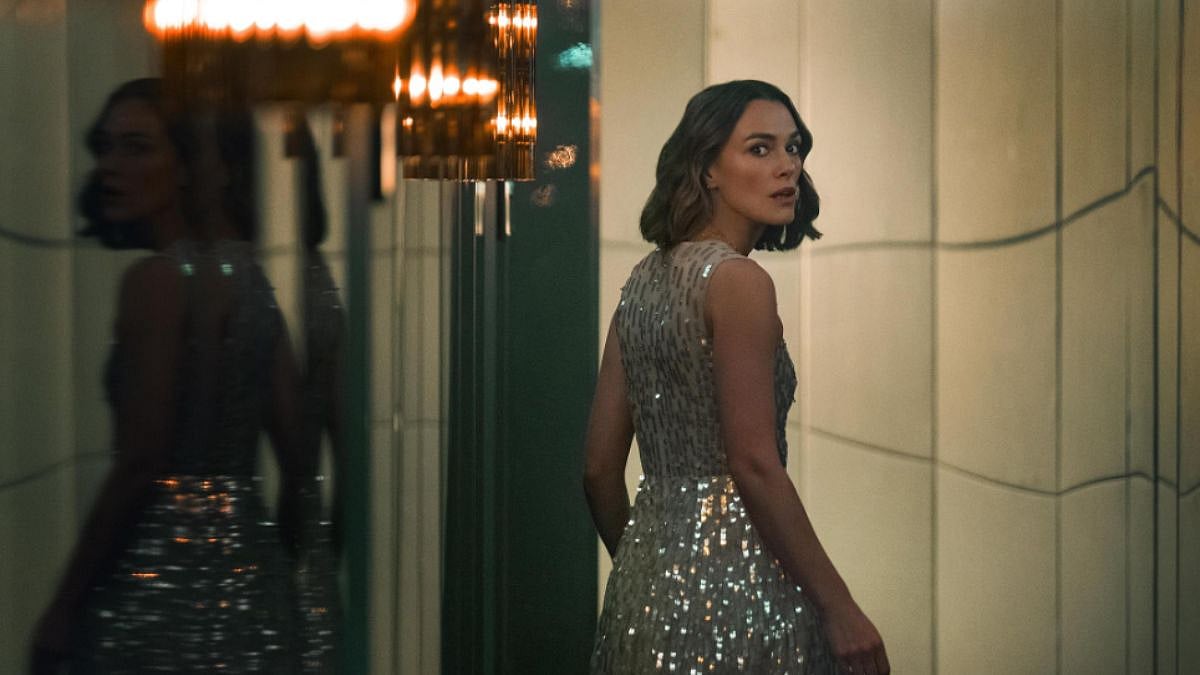Mumbai: The unveiling of Tilly Norwood, an AI-generated “actress” touted as the next Scarlett Johansson, has ignited a storm in Hollywood. Created by Eline Van der Velden and her studio Particle6, Tilly’s arrival has been met with both fascination and fury, sparking fierce debate about the future of cinema. A studio behind AI actress Tilly Norwood is in talks with Hollywood executives and agents for her representation, Variety reported. If signed, Norwood would be among the first AI performers to secure professional representation.
“When we first launched Tilly, people were like, ‘What’s that?’ Now we’re going to be announcing which agency is going to be representing her in the next few months,” said Van der Velde, founder of Xicoia, at the Zurich Summit.
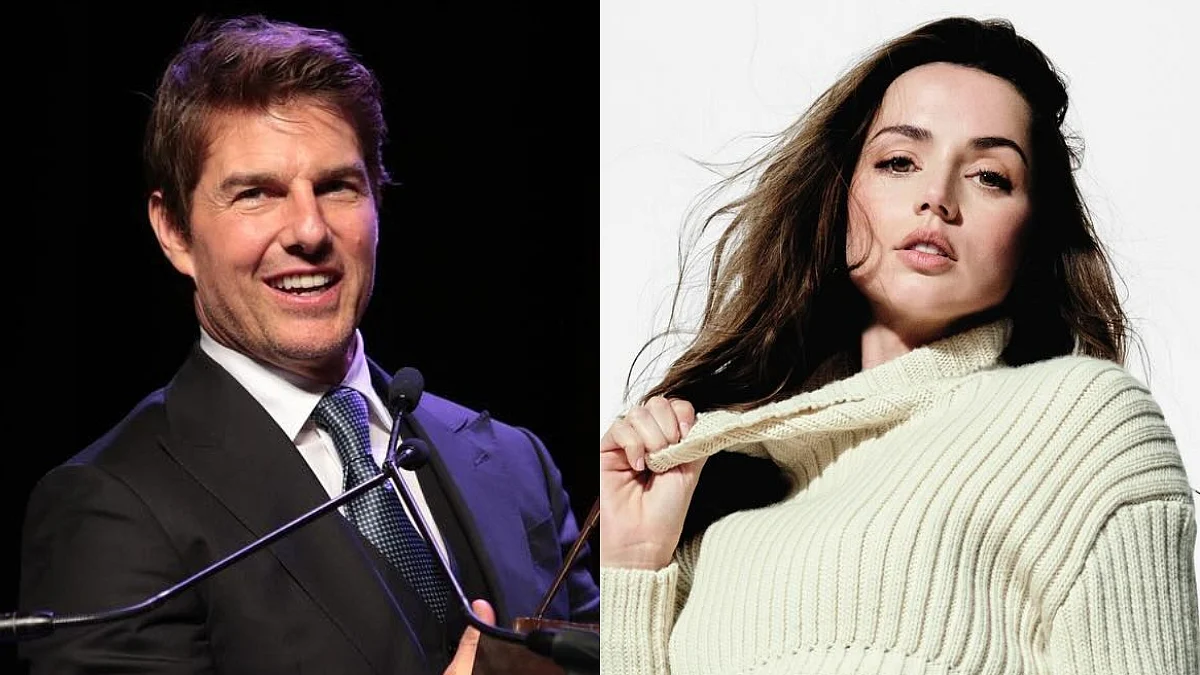
About The Backlash
The backlash began almost instantly, with the Screen Actors Guild (SAG-AFTRA) issuing a strongly worded statement: “To be clear, ‘Tilly Norwood’ is not an actor, it’s a character generated by a computer program that was trained on the work of countless professional performers - without permission or compensation. It has no life experience to draw from, no emotion and, from what we’ve seen, audiences aren’t interested in watching computer-generated content untethered from the human experience. It doesn’t solve any ‘problem’ - it creates the problem of using stolen performances to put actors out of work, jeopardizing performer livelihoods and devaluing human artistry.”
The guild further warned that “signatory producers should be aware that they may not use synthetic performers without complying with our contractual obligations, which require notice and bargaining whenever a synthetic performer is going to be used.” Despite the industry’s condemnation, Van der Velden defended her creation: “I see AI not as a replacement for people, but as a new tool, a new paintbrush. Just as animation, puppetry, or CGI opened fresh possibilities without taking away from live acting, AI offers another way to imagine and build stories. I’m an actor myself, and nothing – certainly not an AI character – can take away the craft or joy of human performance.” But not everyone was convinced.
Hollywood stars including Melissa Barrera, Kiersey Clemons, Mara Wilson, and Whoopi Goldberg spoke out against the AI experiment. On The View, Goldberg declared: “You can always tell them from us. We move differently, our faces move differently, our bodies move differently.” Emily Blunt, shown a picture of Tilly during a Variety podcast, reacted with shock: “Does it disappoint me? I don’t know how to quite answer it, other than to say how terrifying this is. No, are you serious? That’s an AI? Good Lord, we’re screwed. That is really, really scary. Come on, agencies, don’t do that. Please stop. Please stop taking away our human connection.”
Meanwhile, readers of the Guardian, which also reported the development, weighed in with their own concerns, cynicism, and reluctant acceptance of the future. One reader wrote bluntly: “You have to think about filmed entertainment in economic terms, not artistic. Because AI isn’t about great art, but reducing costs by removing human talent and speeding up processes. … If AI helps these tech companies masquerading as studios to churn out more, faster, and cheaper, of course they will do it.”
Others pointed to AI’s current limitations: “Comedy. That’ll be the step change, if it ever comes. Right now, AI can’t make us laugh. It doesn’t understand humour, timing, what makes something funny, or not. … We watched because we thought we would be amazed, but it was dull beyond words.” Another reader argued that AI “isn’t there yet,” noting: “What we haven’t seen is a convincing scene of drama between two or more AI generated characters. Dialogue is always cross-cut. AI doesn’t seem to be able to generate multiple unique characters at once who interact and impact each other.” Some worried about long-term consequences.
“Hollywood execs might bank on a few Tilly Noorwoods to cut costs and increase their profits. But AI will come back to bite them when AI-proficient movie fans prefer to use gen-AI to create their own productions.” Others accepted the inevitability: “The genie is not going back in the bottle. … If AI content proves to be useful and cost-effective then it cannot be stopped.” Yet many readers emphasised the human factor audiences still crave. “I doubt I could root for a character that is completely AI. We like actors and movie stars too much, we invest in them, we are attracted to them on some level.”
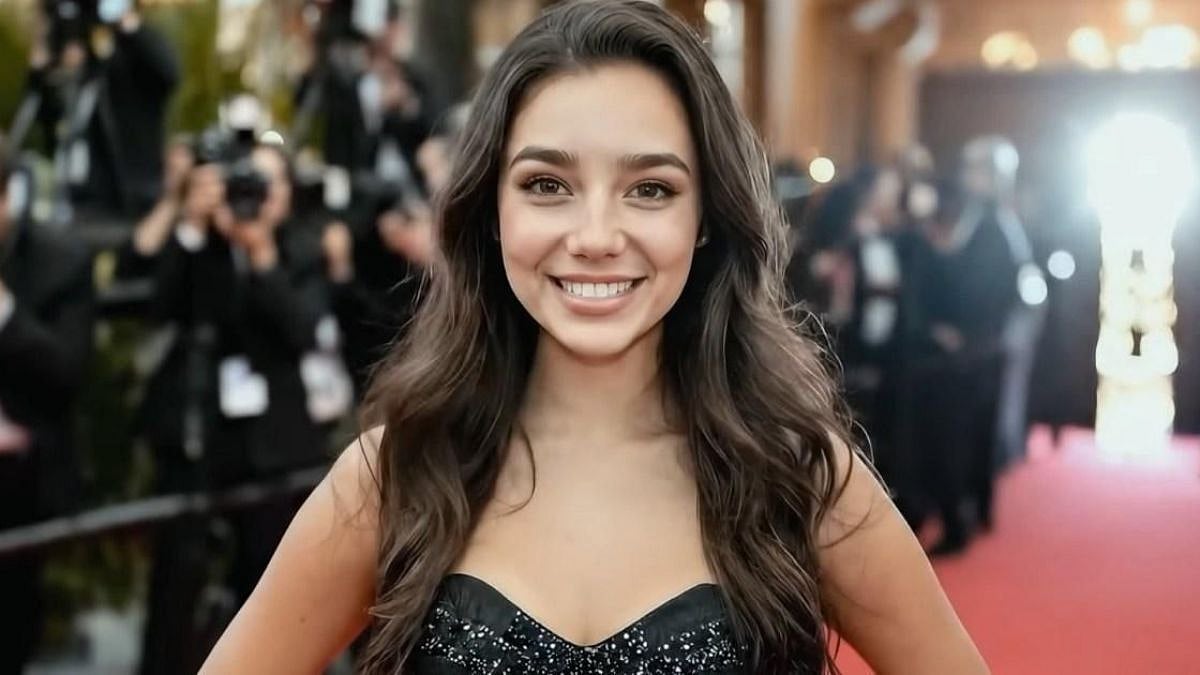


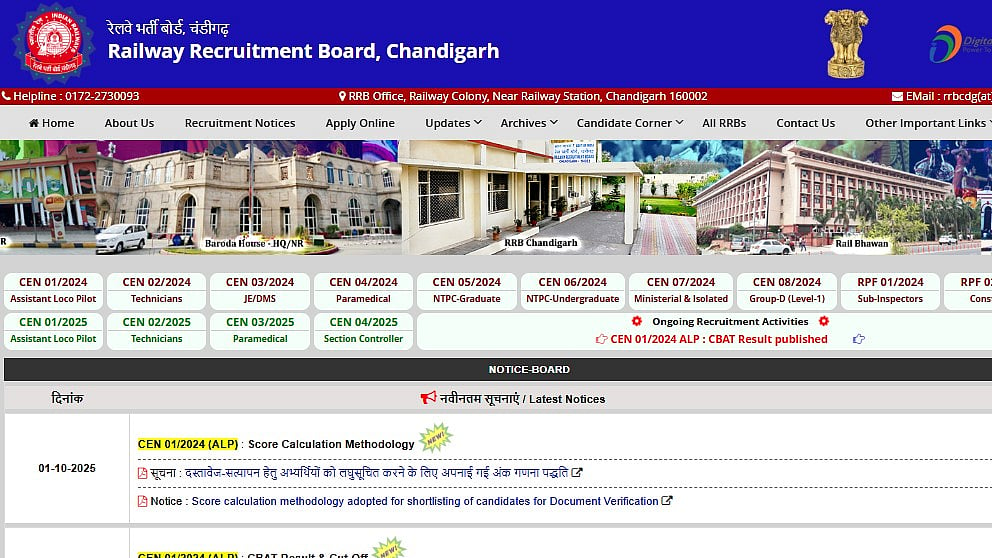
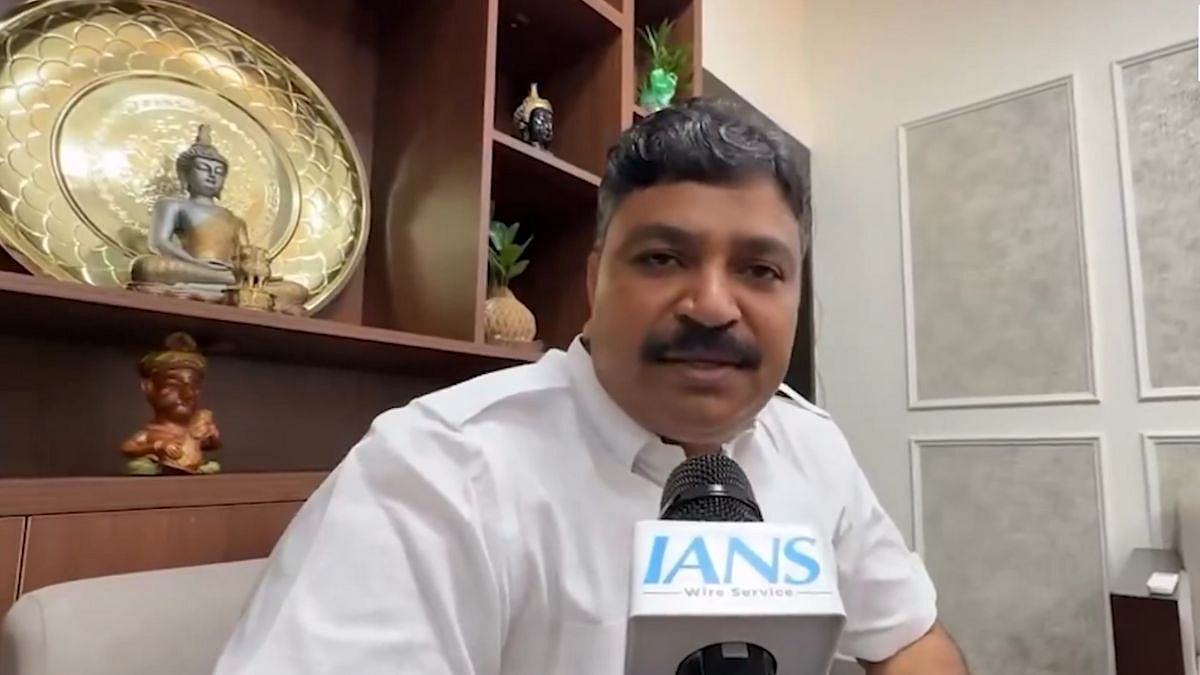

.jpg)


